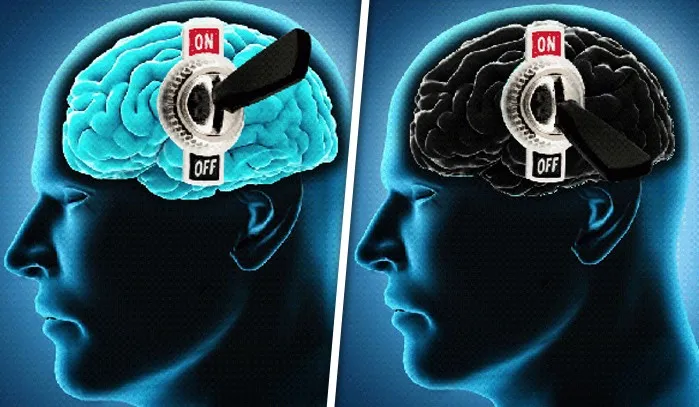Collective knowledge usually attributes the lack of "willpower" to people who suffer from overweight, but science has dedicated years of studies and experiments to unveil what really happens in our body.
For a few years the scientific community knows that there are two hormones that are the main protagonists in the management of appetite and the weight of the body, ghrelin and leptin.
The first is responsible for notifying the body when you are hungry, while the second one fulfills the key role of communicating to the brain when it has eaten enough.
For a long time it was hypothesized that obesity could be caused by the lack or shortage of the hormone leptin, assuming that people with such condition did not receive the message of having eaten enough in their brain.
However, recent studies have managed to demonstrate that people with overweight and obesity usually have, paradoxically, more leptin in their brain.Before these results, scientists continued to seek an answer until they discovered that people affected by these conditions are also more resistant to the effect of said hormone.
The studies showed that the brain cells responsible for registering leptin do not, being unable to notify the brain that is satisfied and therefore, send signs of hunger to the body.
The state of "panic" in which the brain enters generates an urgent need for energy storage, instigating foods of high food in sugar and fat, since they are the fastest and most simple way that the body has to obtain energy.The inability of the brain of processing leptin results in the organism does not cease to feel the feeling of "pleasure" when consuming food.
Currently, scientists in Germany have discovered a "switch to turn off" hunger.The histone enzyme Desacetilasa 5 (HDAC5), discovered in studies with mice, turned out to have a significant influence on the effects of the brain leptin hormone.
The HDAC5 enzyme was known a few years ago for being able to limit the harmful effects of cocaine, but today it has returned to the conversation of the scientific community due to "its importance in communication between tissue centers and hunger in the brain"As said Dr. Paul Pfluger, of the Diabetes de Helmholtz München Diabetes Research Unit in Germany.
The study, published in the journal Nature Communications, showed that the subjects who could not produce the enzyme were resistant to leptin and increased their weight, while the overweight organisms that were able to produce HDAC5 managed to activate the hormone and even had asignificant loss of weight.
The restoration of brain sensitivity to leptin was a transcendental step in sustainable weight loss, without "rebound effect", and in reducing obesity -related diseases such as type two diabetes.
German researchers from Helmholtz Zentrum München, Technische University München and German Center for Diabetes Research have assured that the findings of the HDAC5 enzyme could clarify even more why some people become obese and why many others must overcome incredible difficulties forStay fit after performing a diet.
Source: www.ahoranooticias.cl


